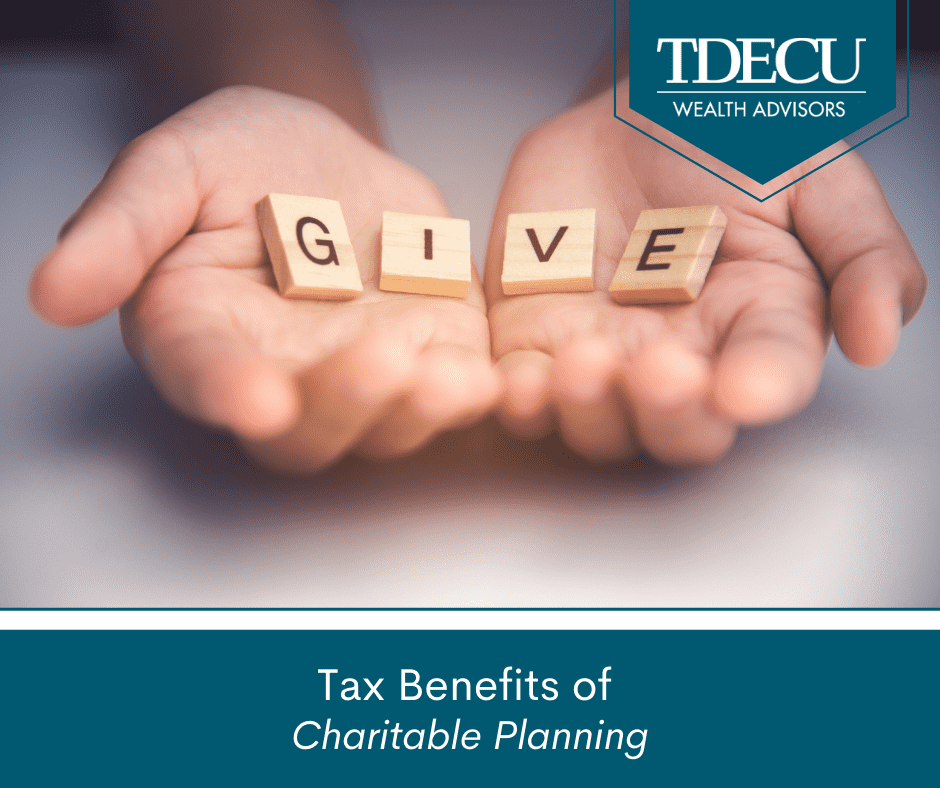When you donate to a charity, you want to know that your donation is going to its highest and best purpose—which means minimizing the tax exposure of the donated assets. One way to accomplish this, whether you're hoping to donate during your lifetime, after your death, or both, is through a charitable remainder trust. Read on to learn more about the benefits of charitable planning through a charitable remainder trust.
What is a Charitable Remainder Trust (CRT)?
A CRT is a type of irrevocable trust that generates an income stream for the trust settlor or other beneficiaries, with the rest of the trust assets going to a named charity or charities. This essentially provides the trust settlor with a "life estate" in the donated assets while ensuring they can seamlessly pass through to the charity after the settlor's death.
Key Benefits of a CRT
A CRT can be ideal for anyone who would like to make a difference through charitable giving—without necessarily losing the use of the assets in the interim. CRTs can be especially beneficial when funded with long-term, highly-appreciated assets that would otherwise be subject to some hefty capital gains taxes when sold or passed along via an inheritance.
CRTs can be funded by cash, publicly-traded securities, real estate, and a few other types of complex assets. And if you're not sure you'd like to commit to a single charity (or set of charities) for the lifetime of the trust, you can combine a CRT with a donor-advised fund (DAF), a mechanism by which charities can be added, omitted, or substituted at any time without any additional cost.
CRTs also offer several tax benefits, explained in further detail below.
Tax Incentives of a CRT
A CRT allows the trust settlor to take a federal income tax deduction whenever the trust is funded. Moreover, the investment income a CRT earns also is tax-exempt, helping keep more trust assets in the trust (and earning income).
Just as compound interest can allow investment balances to grow exponentially, paying taxes out of trust assets will reduce the amount available for investment and, as a result, reduce the total amount of money that's working for the settlor (and, later, the charity). By putting assets into a CRT instead of donating them directly or providing for them in a will, trust settlors and charities alike can get far more bang for their buck.
If you're interested in a way to do more good in the world while providing yourself with a lifetime income stream, a CRT may be the answer. Your financial professional can help you determine whether a charitable remainder trust would be a wise addition to your estate planning and, if so, how your CRT should be set up and structured.
Important Disclosures:
The opinions voiced in this material are for general information only and are not intended to provide specific advice or recommendations for any individual. To determine which investment(s) may be appropriate for you, consult your financial professional prior to investing. All performance referenced is historical and is no guarantee of future results. All indices are unmanaged and cannot be invested into directly.
The information provided is not intended to be a substitute for specific individualized tax planning or legal advice. We suggest that you consult with a qualified tax or legal advisor.
LPL Financial Representatives offer access to Trust Services through The Private Trust Company N.A., an affiliate of LPL Financial.
Sources
Content Provider: WriterAccess
LPL Tracking 1-05068260
